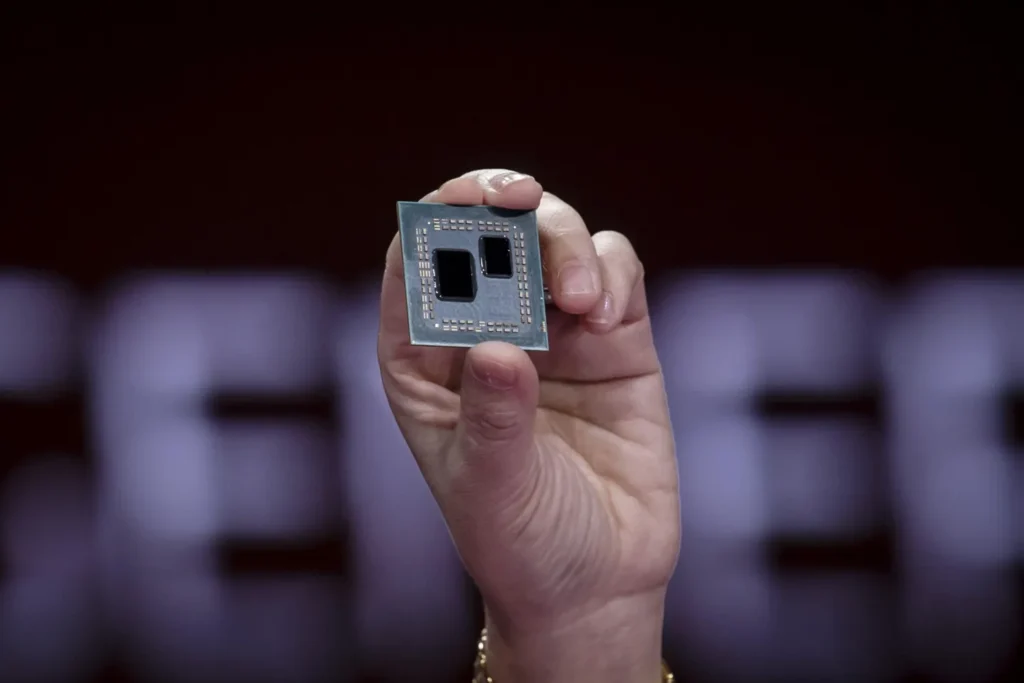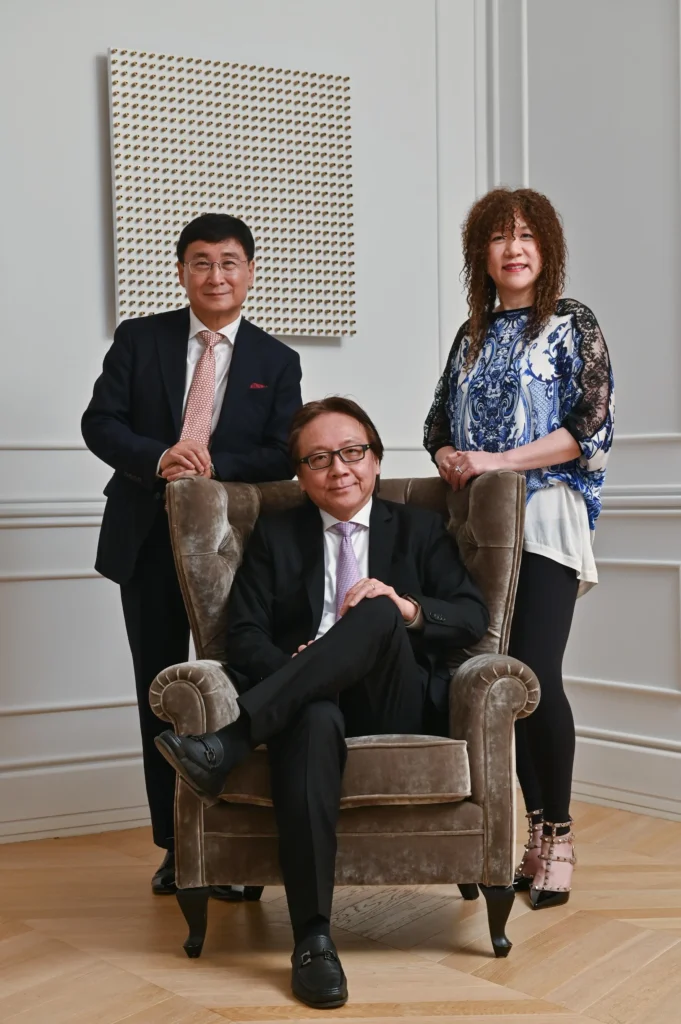In the ongoing competition among tech giants to develop more potent AI systems using smaller, faster chips, a newly established unicorn startup has emerged. Co-founded by veterans of the semiconductor industry, including the billionaire couple behind Nasdaq-listed Marvell Technology, the startup aims to accelerate a potential shift toward larger yet faster chips. This innovative approach, known as chiplets, involves stacking and compacting components and was commercialized almost a decade ago. Now, as the challenges and costs of shrinking chips escalate, chiplets are gaining momentum.
To propel chiplet technology into the mainstream, Singapore-based Silicon Box announced in January that it had secured $200 million in a Series B funding round. The funding round saw participation from various entities, including BlueRun Ventures’ tech-focused growth equity arm BRV Capital, Event Horizon Capital, Maverick Capital, Prasedium Capital, TDK’s venture arm TDK Ventures, and UMC Capital, the venture arm of Taiwan-based semiconductor manufacturer United Microelectronics Corp.
Notably, the startup’s three co-founders, billionaires Sehat Sutardja and Weili Dai, who previously co-founded Marvell Technology, and Byung Joon Han, former CEO of Stats ChipPac, also participated in the funding round. With the completion of its Series B, Silicon Box’s total funding reached $410 million, and its valuation soared to $1.08 billion, cementing its status as Singapore’s latest unicorn.
According to Henry Huang, investment director at TDK Ventures, Silicon Box possesses a clear technical advantage over many competitors in response to the rising demand for AI. Huang believes that Silicon Box stands out even against giants like Taiwan Semiconductor Manufacturing Co. (TSMC), which dominates the advanced chip market.
The influx of capital will be directed towards expanding Silicon Box’s manufacturing capabilities and global presence. Last July, the company inaugurated a 750,000-square-foot semiconductor fab in Singapore’s Tampines region, where chiplets for various applications, including AI, high-performance computing, and electric vehicles, are produced. While Silicon Box remains discreet about its clientele, its chiplets are integral to cutting-edge developments in AI, making significant strides in various sectors.

A rendering of Silicon Box's production line in Singapore.COURTESY OF SILICON BOX
In a separate video interview, Han, CEO of Silicon Box, along with fellow co-founders Sutardja and Dai, expresses their aspiration to lead as the global No. 1 company in terms of technology and operational excellence. The startup touts its proprietary sub-5-micron technology, claiming it optimizes power usage and reduces manufacturing costs by up to 90%.
Han highlights the advantages of Singapore’s geopolitical neutrality, coupled with heavy government investment in the semiconductor sector, which fosters an environment conducive to attracting global talent.
Silicon Box specializes in advanced packaging for chiplets, a type of chip utilizing interchangeable components. These components, akin to Lego pieces, can be customized for specific functions and combined to form a cohesive unit. Known as heterogeneous integration, this process enables levels of performance previously deemed unattainable, as outlined in a joint report by BCG and the Semiconductor Industry Association.
Sutardja, Chairman of Silicon Box, underscores the need for innovative chip-building methods amid challenges in increasing transistor density. He advocates for a paradigm shift in chip design to address escalating manufacturing costs, which have surged exponentially over the years.
A pioneer in chiplet technology, Sutardja introduced the concept of a modular, chiplet-based design named “MoChi” in 2015. Although initially met with skepticism, chiplets have gained widespread acceptance among industry leaders. AMD and Intel have adopted chiplet-based designs, with the Universal Chiplet Interconnect Express (UCIe) serving as an open-source industry standard for chiplet manufacturing.
Dai emphasizes the importance of advanced packaging in driving industry growth, particularly in the context of chiplet-based designs. Silicon Box aims to support the industry’s transition to chiplets, recognizing the potential for accelerated innovation and performance enhancements.

Lisa Su, CEO of AMD, holds a 3rd generation Ryzen desktop processor, which uses a chiplet design.DAVID PAUL MORRIS/BLOOMBERG
Feb 16, 2024,07:00am EST
According to Silicon Box, its main competitors are other outsourced semiconductor assembly and test vendors (OSATs), which specialize in packaging and testing chips produced by foundries. Major OSATs include Taiwan’s ASE Technology, led by billionaire Jason Chang, and Arizona-based Amkor Technology, listed on Nasdaq, where Silicon Box’s CEO, Han, previously served as Director of R&D. Silicon Box considers TSMC a potential collaborator, given its pivotal role in the semiconductor industry.
Dai, leveraging her experience in forming industry partnerships during her tenure at Marvell, emphasizes Silicon Box’s neutral position, enabling collaboration with multiple foundries.
However, chip scaling presents significant technical challenges, known as the “red brick wall” in the semiconductor industry. As components become closer on a circuit, they generate more heat, complicating operations. Chiplet-based designs, which incorporate components of varied shapes and functions on a single base, may exacerbate thermal issues, as highlighted in a paper presented at the 2023 IEEE conference.
In the past two years, Asian investors have shown keen interest in startups targeting the burgeoning AI chip market. South Korea’s Rebellions recently raised $124 million in a Series B round, valuing the company at $650 million, while Seoul- and Seattle-based MangoBoost secured $55 million in a Series A round led by IMM Investment, known for backing prominent ventures like Coupang and Krafton.
Despite skepticism and fierce competition, Silicon Box remains resolute in its mission, believing there are few alternatives to its disruptive technology. Han asserts that their aim is to develop technology capable of addressing diverse markets, preferring to let their innovations speak for themselves rather than engaging skeptics in debate.

